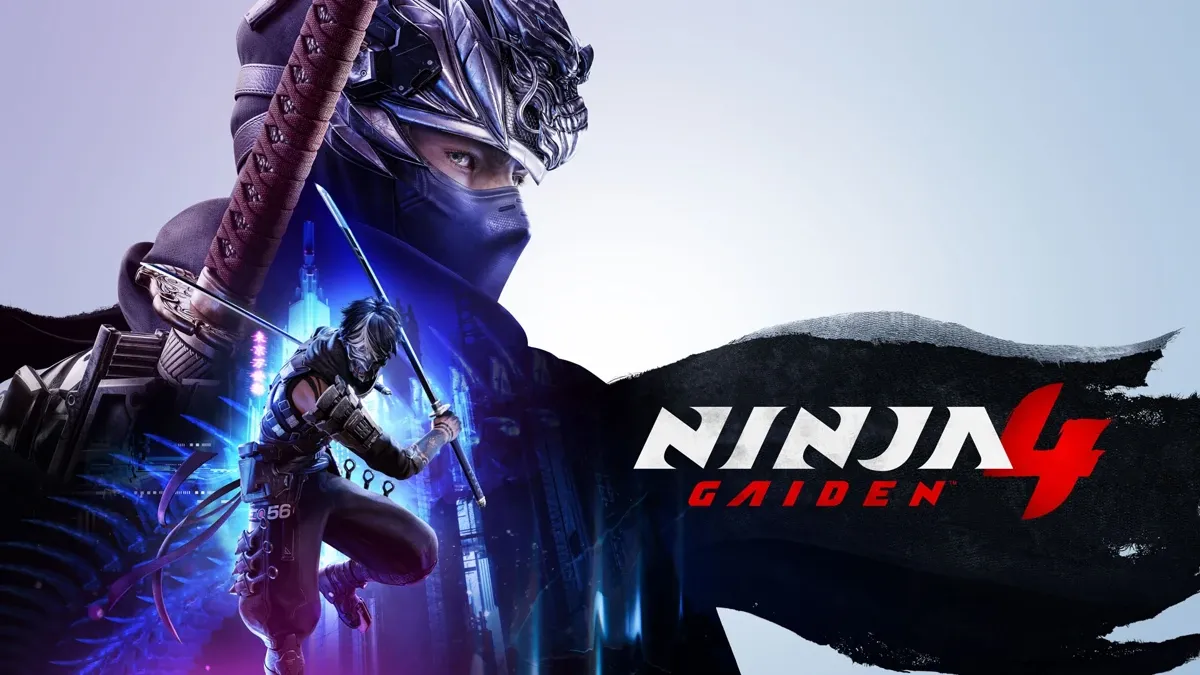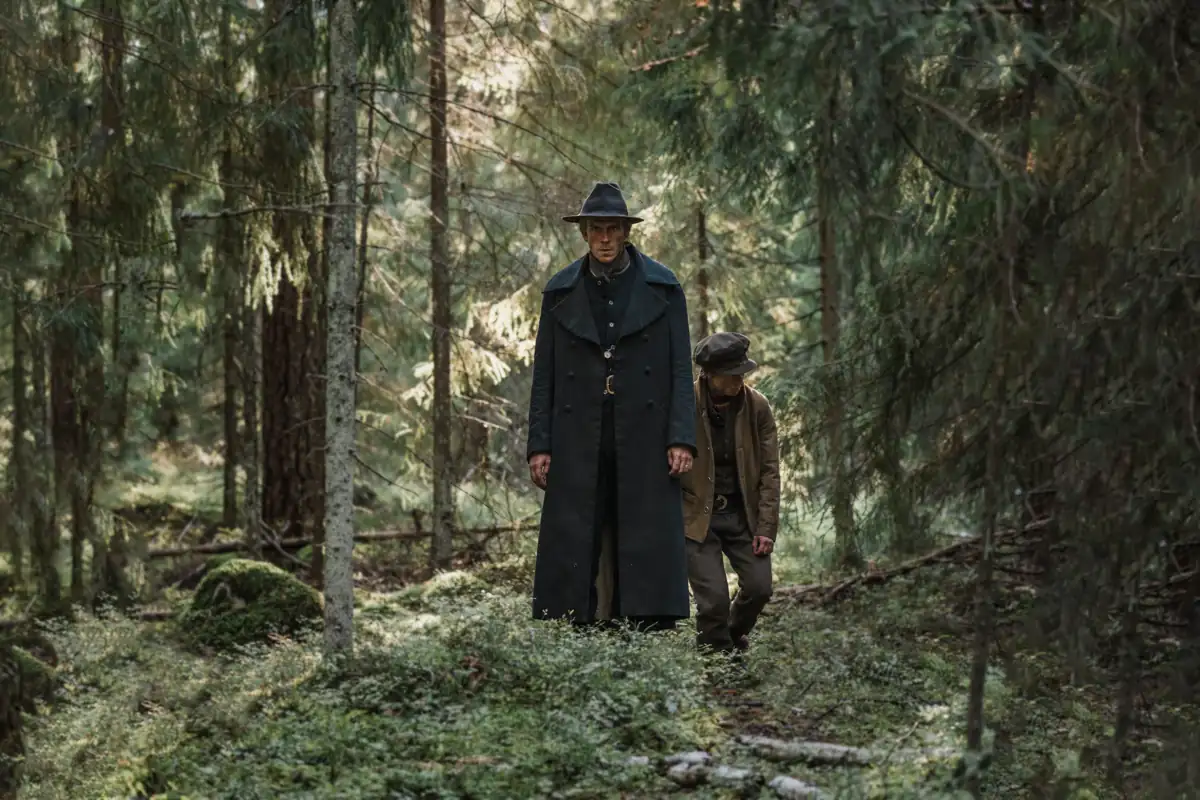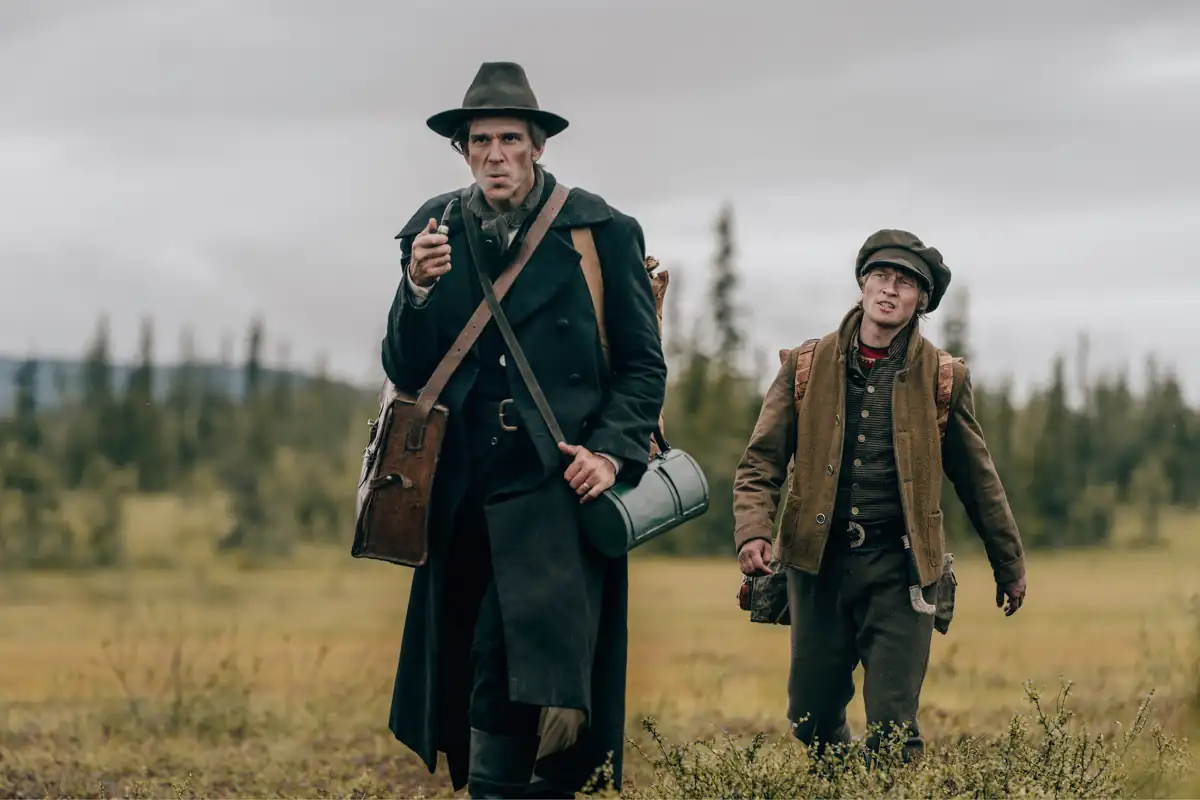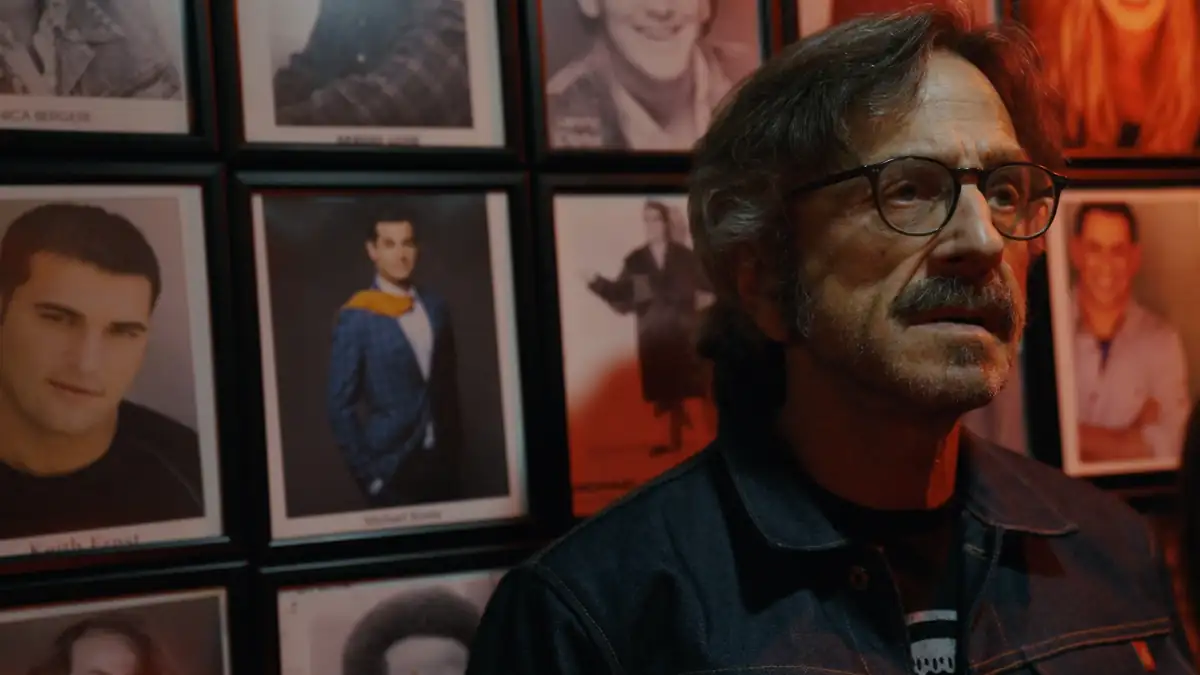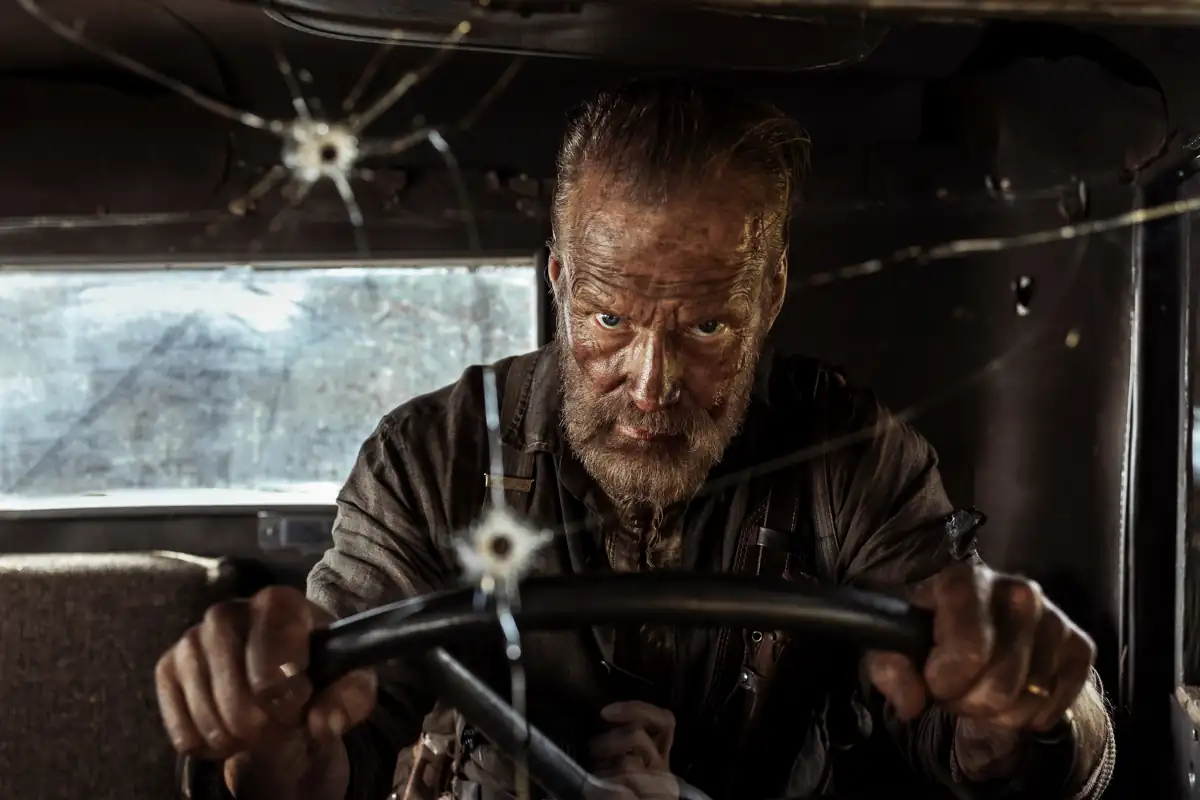NO REST FOR THE WICKED
Premieres on HBO Nordic April 27. First three episodes were screened for review.
CITY OF ANGELS is a spin-off from showrunner John Logan’s other PENNY DREADFUL series, which was set in England in the 19th century. Mixing myth and history gleefully together, it featured pop-culture staples such as Dr. Frankenstein, Dracula, and Timothy Dalton in the lead roles. For two seasons it delivered scares and thrills coupled with a lurid mythology, held afloat thanks to a brilliant central performance by Eva Green. After a third season scuppered the story with an unsatisfying ending, the show could have easily been laid to rest.
Watching CITY OF ANGELS, it’s hard to not put that feeling aside. There is little connection here to anything that came before, and tagging on the PENNY DREADFUL brand adds more expectations than the show can deliver. Don’t go in expecting monsters or mythic quests, nor for the plot to make much sense in the first season.
Set in 1938, the series follows the first Mexican-American detective in the LAPD, Tiago Vega, who with his partner stumbles into a series of grisly, Day of the Dead inspired murders. Hounded by both his racist superiors and colleagues, Vega must also navigate the turbulent political waters involving his family and culture in the face of rising fascism in America. He’s paired with the tired and bitter veteran Lewis Michener (Nathan Lane), who seems like the only person around not interested in being a racist hick.
Lane and Daniel Zovatto (as Vega) are both grand in their parts, and it’s their mutual interactions that carry much of the show. Zovatto plays Vega with grim determination, fully aware that he can’t hold onto both sides of himself forever. Torn between family and duty, he’s a captivating and interesting character, one who is relegated far too quickly as a simple love interest for Kerry Bishé’s religious songbird. Lane, for his part, is as good as he’s ever been. Michener might be a caricature in the beginning — the fast talking, hard drinking, take-no-shit type you’ve seen a hundred times over — but as the series progresses Lane imbues him with immense depth at every turn. Desperately trying to do the right thing, even as his worse nature fights it, Michener is a great tragic hero, one of the few truly successful pulp-characters in the series.

Meanwhile, Santa Muerte, the goddess of death, and Magda, a shapeshifting demon who may or may not be the devil, make a wager on the souls of all mankind. How or why and to what end is entirely uncertain, as the show can’t really make up its mind on what this story is about. The mythic grinds against the mundane, and there’s a distasteful implication that all the racism and horrific acts perpetrated in America at this time were only because of demons whispering in the ears of weaker men. This reaches a tipping point by the end of the pilot, where an image meant to be mythic and poetic just comes across as a crass simplification.
Magda is played by GAME OF THRONES alumni Natalie Dormer, and her storyline seems to have been made entirely as a showreel for an actor who doesn’t need one. Alongside her demonic presence, where she’s clothed like she walked off the set for the new MATRIX movie, Dormer plays multiple other characters, each with their hand in throwing gas in the flames. The roles range from quirky and interesting to downright laughable. One is a German refugee out to seduce a doctor clinging on to his Nazi roots; another pulls the strings behind the curtain by manipulating a local Councilman. Her scenes with Rory Kinnear (as the Nazi doctor) are unintentionally hilarious, made so by the fact that both speak with thick, fake German accents, hopelessly overemphasizing each syllable. (“Are we ze baddies?”) It’s like something out of a MITCHELL & WEBB skit. Even Thomas Kretschmann, playing — you guessed it — a Nazi general working undercover in California, has to deal with the stilted dialog that is neither here nor there. Every time you think the show is going to embrace how silly it truly is, there is a scene that goes for Prestige Drama, and every time you settle for that, there’s a musical number.
That musical number is a horribly ill-conceived tribute involving a Pachuco gang to WEST SIDE STORY. Dormer is here as well, but don’t ask me how. It’s all well intentioned, but also extremely clear that it’s written by someone who loves the idea more than the reality. As with many things in the show, the dance is a setup for something, but the sprawl makes it difficult to care about.
CITY OF ANGELS wants to be a mosaic of intertwining fates, but there’s little reason to care about any of them. If anything, the show is too packed for its own good. There’s a juxtaposition between Mexican-Americans and Jews at the dawn of the Second World War that feels far too underdeveloped for such a lofty parallel. There is a conspiracy to drag America into the wheels of fascism. There are gods fighting each other for the fate of mankind. Finally, there’s a plot to disenfranchise minorities under the boot of an expanding city built by invading conquerors that is searching for meaning in the desert. Any one of these could be a show all by itself and putting them together is a gambit that so far just doesn’t pay off.
The biggest weight on the show is that most of these plot lines have been done before and better by others. Classics like L.A. CONFIDENTIAL, CHINATOWN, or THE BIG SLEEP all explored corruption in the City of Angels. Author James Ellroy basically mapped the mythology of the city in his books. Even videogames like L.A. NOIRE tapped into the well of mismatched cops caught up in a web of deceit, which by then was already running dry. Introducing gods and monsters into the mix is certainly something new, but so far it’s just not enough to distract from how beaten this path has become.
There’s a lot to like here, namely the cast and the production values. The show looks and sounds beautiful. And it’s true that the very first season of PENNY DREADFUL took its sweet time to really get going. At six episodes, CITY OF ANGELS is certainly far more limited than its predecessor ever was. A second season feels inevitable at this point.
CITY OF ANGELS feels a lot like its characters. It’s burdened by expectations of the past, and an uncertain future. It has immense potential to be anything it wants to be. But like it’s lead characters, it first needs to grow beyond what it once was or risk being nothing at all.





